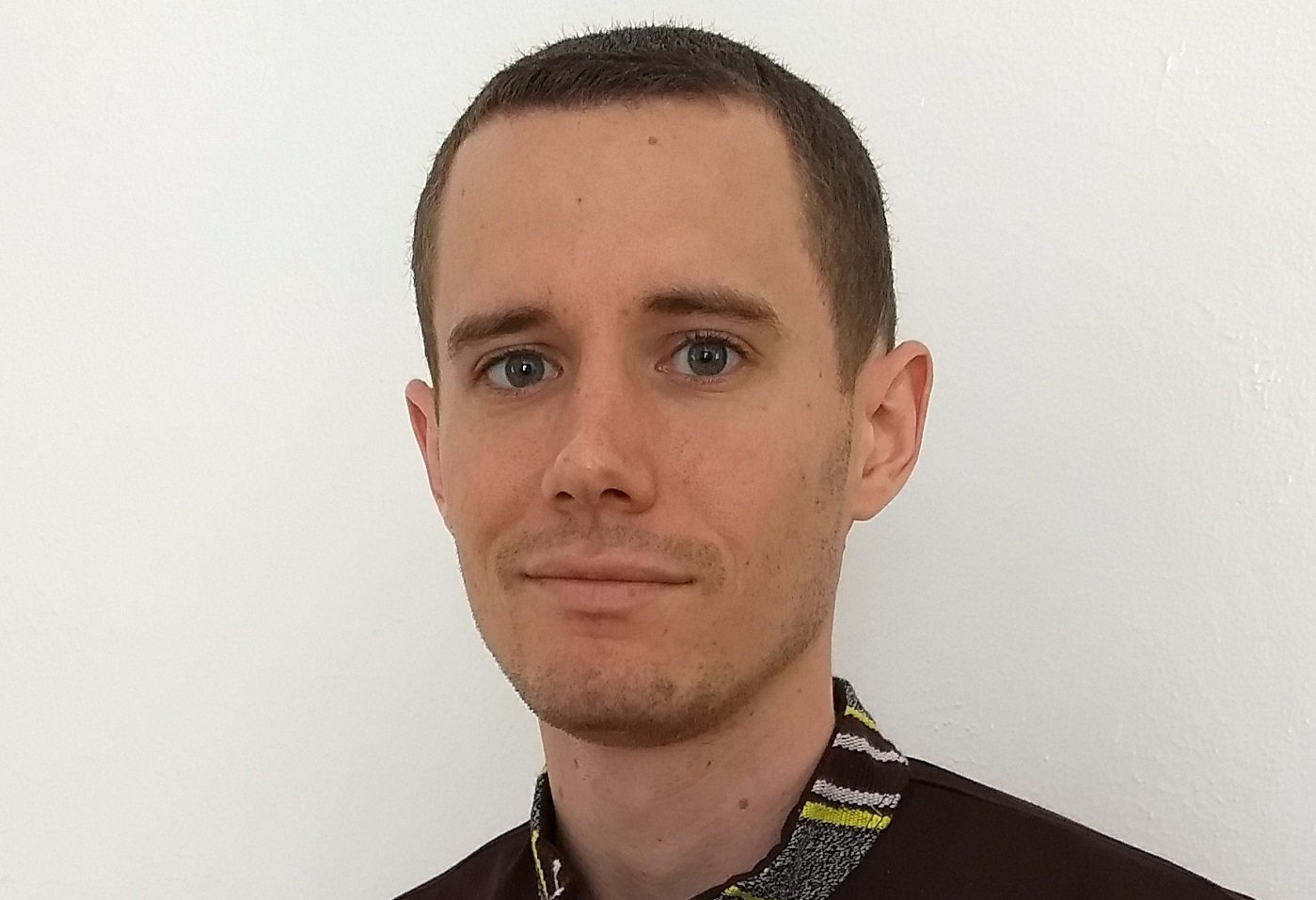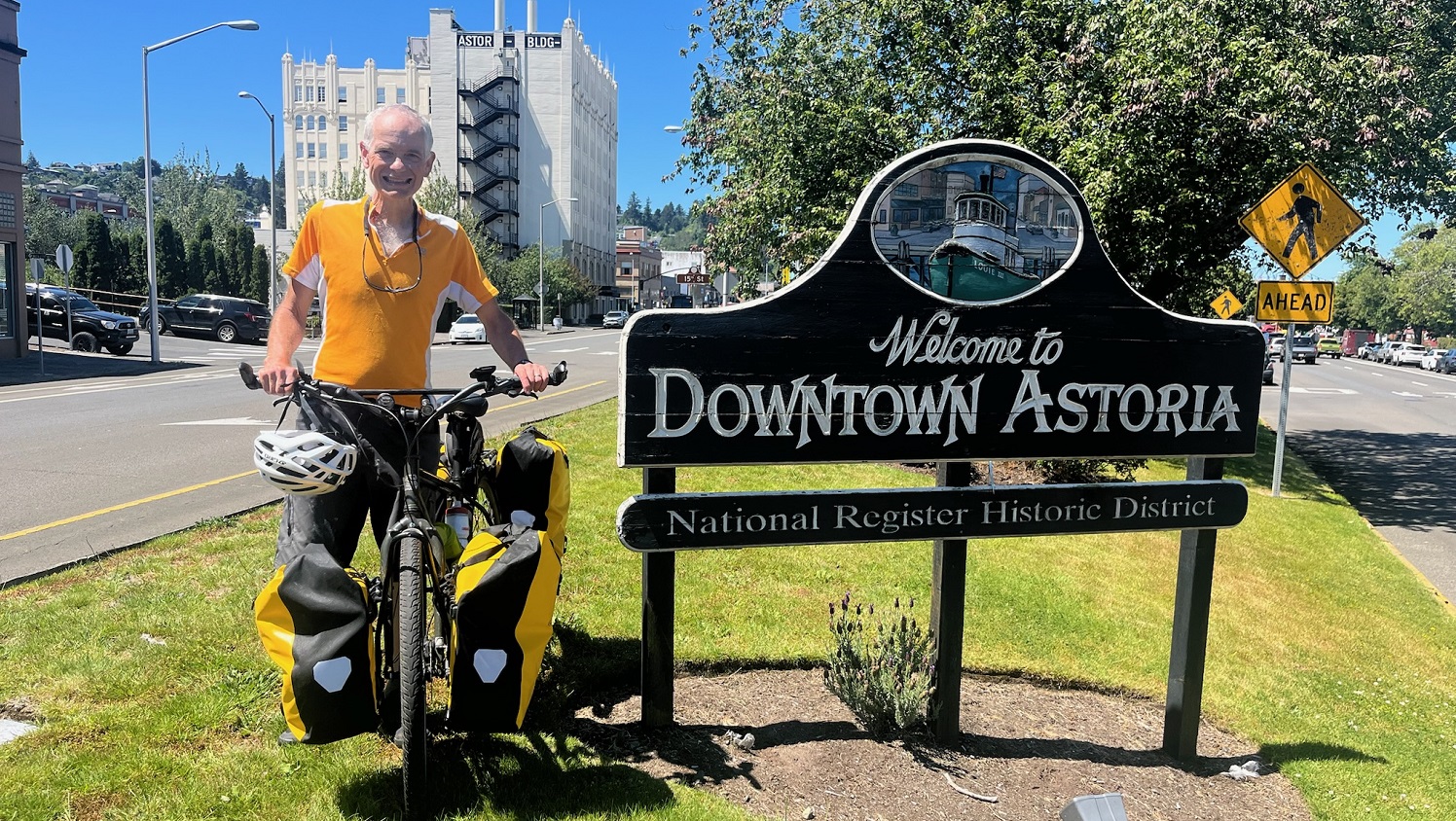Meet our Outstanding Spring and Summer 2025 Graduates
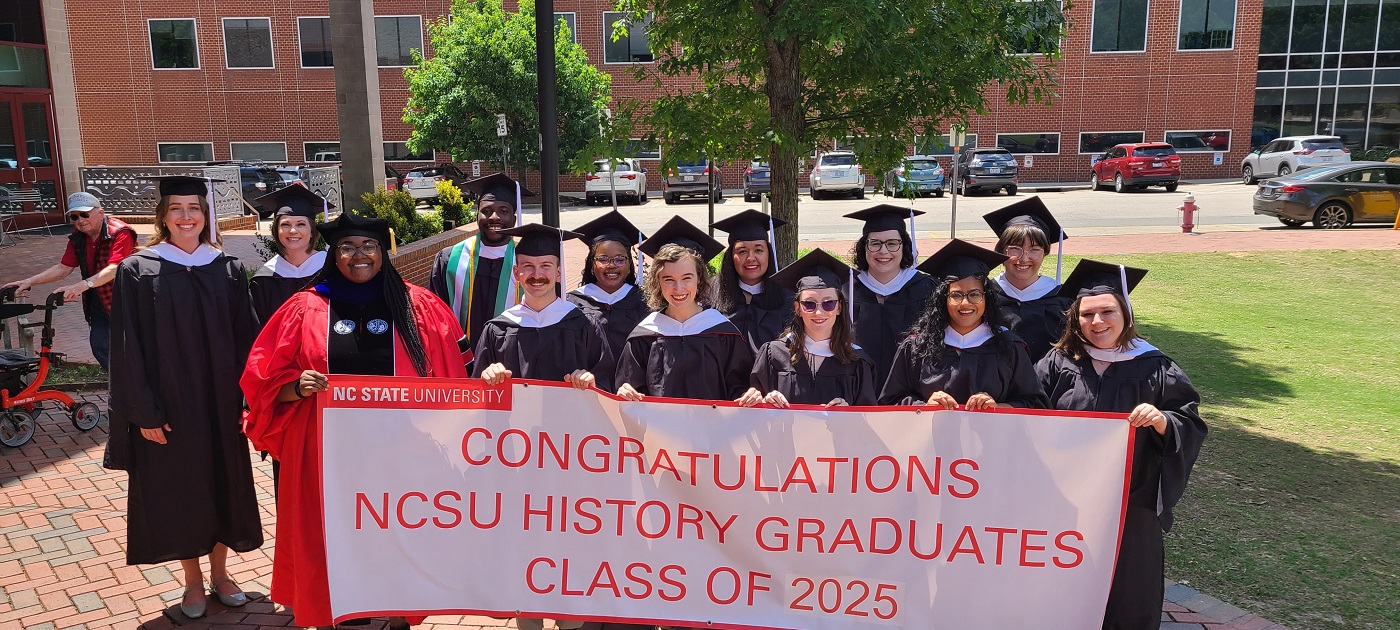
Public History PhD graduates
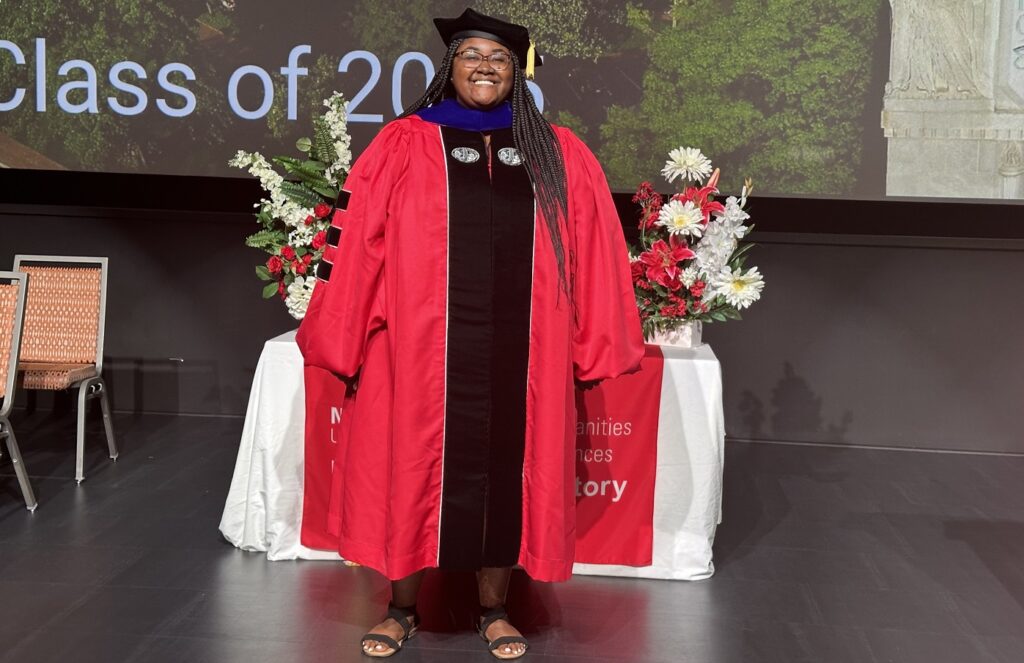
JoCora Moore completed her dissertation titled, “Let the Work I’ve Done, Speak for Me: The Civil Rights Activism of Modjeska Monteith Simkins and the Preservation of Black Women’s History,” under the direction of Dr. Tammy Gordon.Using biographical and media analyses, she centers the relationships among Black women’s work in the civil rights movement and the extension of that work in historical memory as it resonates in both local and national history. Relying on a diverse primary source base from personal letters and writings and oral histories to media coverage and the spatial dynamics of house museum interpretation, Moore argues that “ Simkins’ activism and legacy continue to inform contemporary struggles for racial and social justice”… [and] …that centering Black women in both historical narratives and public memory is essential to a more accurate and fair understanding of the Civil Rights Movement.”
JoCora’s work has shown time and again that she is a historian with deep commitments to community engagement and scholarly inquiry related to African American history, the civil rights movement, and local history. She interned at the National Museum of African American History and Culture and presented papers at national conferences hosted by the Association for the Study of African American Life and History and the National Council on Public History. She served as Community Engagement Coordinator at Historic Columbia, located in Columbia, South Carolina focusing on historical advocacy by planning historical events, such as book talks with noted historians, walking tours, and behind-the-scenes tours. She was the recipient of the NCPH Student Travel Award and the Department of History’s Brick Layers Dissertation Completion Award. She recently published a book review of Brian Jones’s The Tuskegee Student Uprising: A History in the Journal of African American History.
JoCora has accepted a tenure track position as Assistant Professor History in the English, History and Interdisciplinary Studies at Elizabeth City State University, a position that begins this fall.
Public History MA Graduates
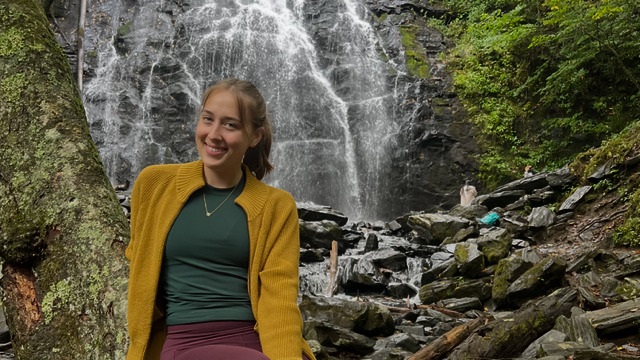
Emma Donnelly not only loves history, but has a deep love for justice and the betterment of humanity. Throughout her time here at NC State, she made a commitment to local community organizations like the Friends of Oberlin and the North Carolina Environmental Justice Network by using her digital and oral history skills to advance the mission of these organizations. Emma made such an impression at the North Carolina Environmental Justice Network that they hired her as an intern and signed off on her writing the twenty-five year history of the organization.
Emma will be attending the University of Wisconsin Madison to pursue her PhD in History.
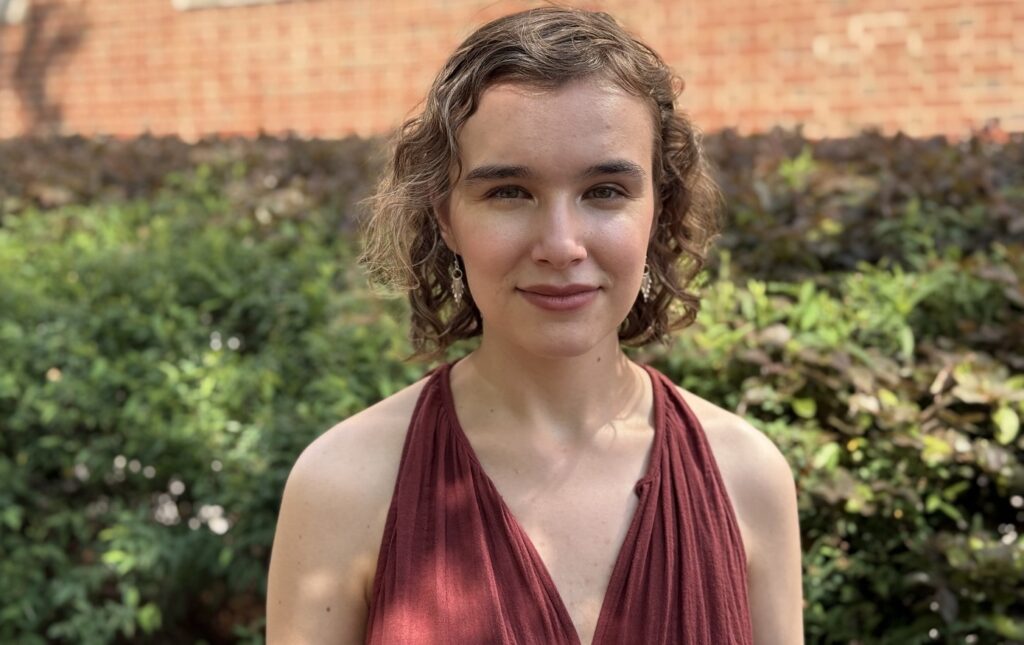
Katie Bushman’s thesis committee was impressed with her skills in the fields of both traditional and public history. Her work shows an admirable breadth as well as depth, with stellar work on ranging from an investigation into the roots of Spiritualism during the First World War to a museum exhibit proposal on queer fashion in the United States from the colonial period to the 1990s.
During her time in our program, Katie has worked as a graduate processing assistant at NC State’s Special Collections Research Center and has assisted with a Reparative Archival Description project, as well as processing collections. Next year, Katie will be attending UNC-Chapel Hill for her Master’s in Library Science. Her career goal is to work in the field of university special collections and archives.
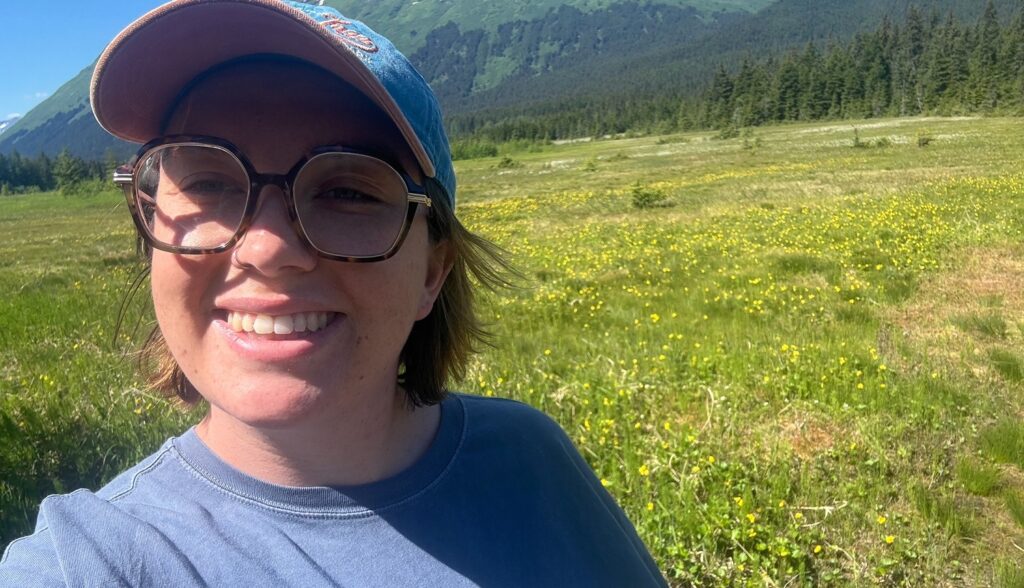
Sawyer Castleberry-Backman entered the Masters of Public History program after winning awards for her scholarship on Civil War history at her undergraduate institution, the University of Redlands. Once at NC State, she developed a deep interest in environmental history, Indigenous history, and cultural heritage, particularly in the US West. In her time at State, she has used her past work experiences as an educator and in archives to turn those new interests to a productive research program that is energized by the urgent stakes of her research topics. The papers that make up her MA portfolio reveal her to be a scholar who turns a keen analytic eye on the complex history and contested present of national parks and protected lands. Sawyer examines how Indigenous histories of national parks challenge standard narratives about conservation. She situates current-day conflicts over national parks and natural resource-use in important historical contexts, emphasizing the effects of dispossession and colonization in the creation of protected lands. These stories, though difficult, inspire Sawyer to advocate for the world-changing promise of historical scholarship and the praxis of public history in particular.
Sawyer will carry these research skills and analytic frameworks with her into her position as a cultural anthropologist for the National Park Service Alaska Regional Office – a job she landed while completing her degree, working as a research assistant in the Khayrallah Center, and serving as the co-President of the History Graduate Student Association. She also plans to use this next year to apply for PhD programs focusing on her research in environmental history, reproductive justice, and settler colonial studies.
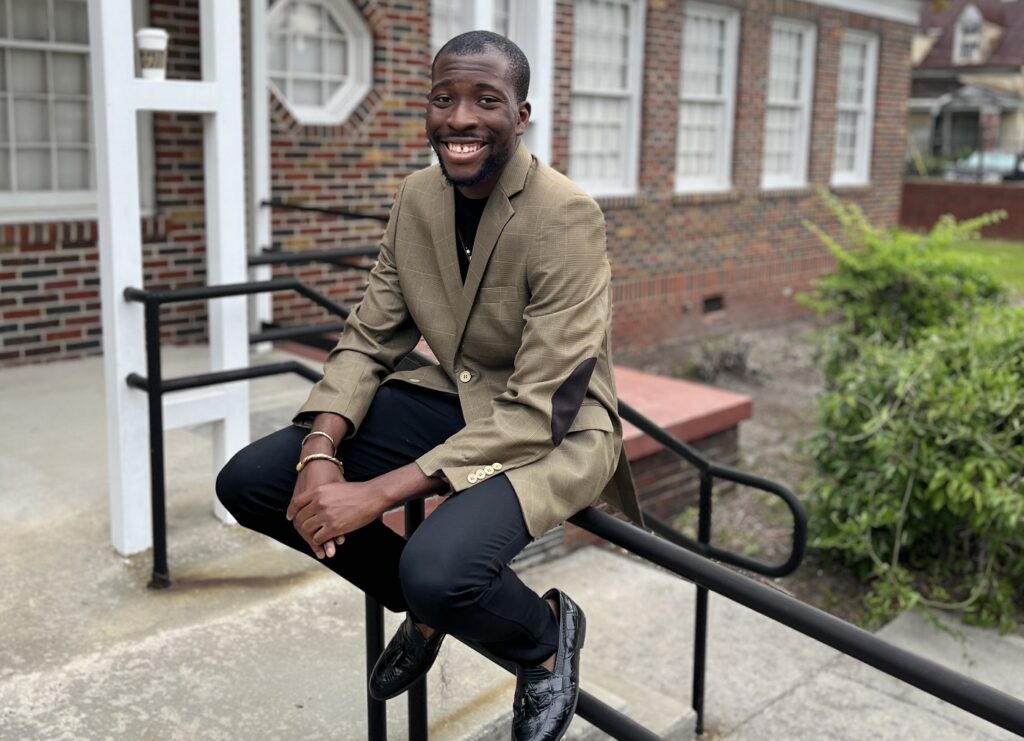
Alejandro Ibrahim’s public history thesis, “Cultivating a Better Community: New Farmers of America in Black Food Justice” examines the history of NFA’s effort to expand access to healthy food for African Americans across the United States from the 1930s to the 1970s. The thesis gives particular attention to the NC NFA chapter and its vital role in challenging food insecurity and cultivating polycultural agricultural systems. The thesis incorporated not only historical analysis, but also policy recommendations for reigniting NFA strategies for current problems surrounding food insecurity in our state.
In the fall, Alejandro will begin doctoral work at UNC Chapel Hill’s PhD program in Africana Studies.
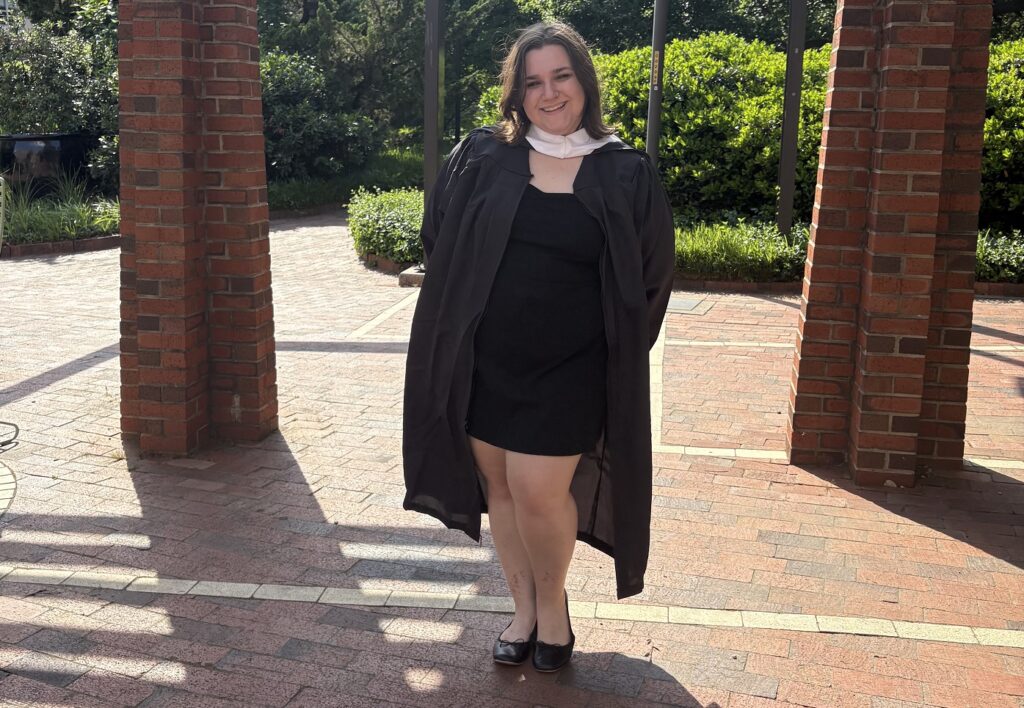
During her time in the program, Julia Lasure has honed in on the history of gender and sexuality in the United States, with a particular focus on the history of drag from the nineteenth century through to the present day. Julia interned with Preservation Durham and helped to nominate the oldest Black-run business in Durham (the Chicken Hut) to local landmark status. Preservation Durham was so impressed with Julia’s work that they have offered her the full-time position of their Programs and Membership Coordinator.

Tanmai Vemulapalli’s research, framed by themes of migration and mobility, explores imperialism, anticolonialism, and the production of knowledge. Her portfolio spans a wide range of topics, including Hindu nationalism in the Indian American diaspora, Afro-Asian solidarities, the aesthetics and politics of Afghan war rugs, and using zines to mobilize resources for reproductive healthcare in the U.S.
Her internship at the Khayrallah Center and involvement in the Interactive Map Project allowed her to explore data visualization and digital mapping. She presented her work at the National Conference for History Education and the Regional Conference of Asian Studies.
After graduation, Tanmai will pursue a doctorate in Ethnic Studies at UC Berkeley, where she plans to investigate the history of textile weaving in South Asia, focusing on Afghanistan, Pakistan, and northern India.
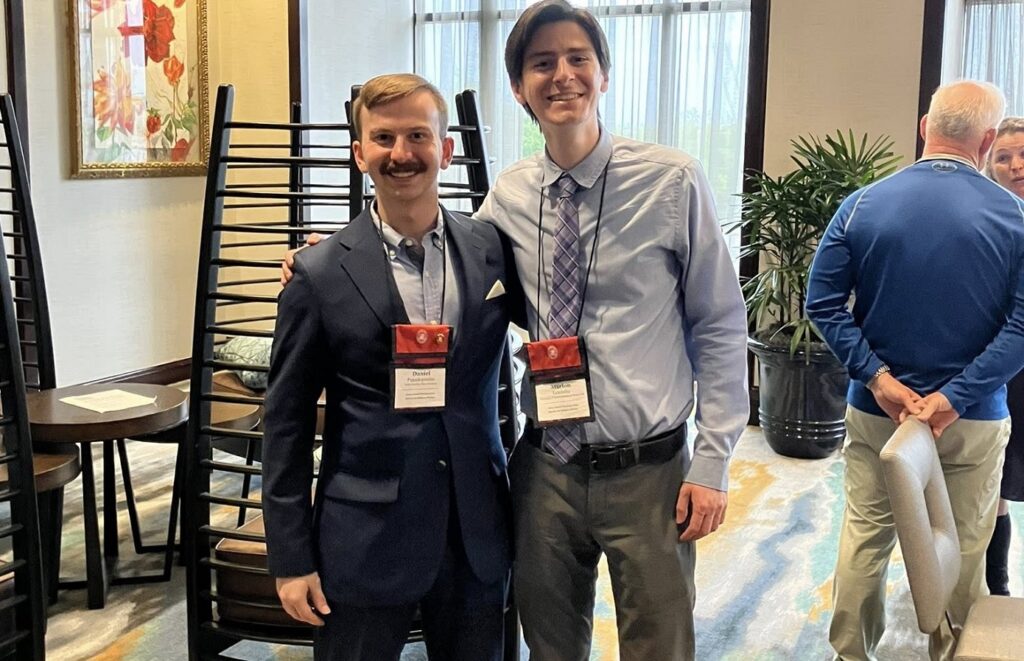
Daniel Papadopoulos came to us with an interdisciplinary major in Peace, War, and Defense from UNC Chapel Hill. He furthered his deep interest in US military history during his time as a public history graduate student at State, always looking for new ways to tell US military history in public contexts and make it a story that matters to everyone. He interned at the North Carolina National Guard Museum in Raleigh in 2024, designing parts of a new permanent exhibit that will go up once the museum moves to its new location and creating a pop-up trailer exhibition for the interim period. He is an active member of the Society for Military History and is currently working as a historical consultant for military history and symbols for a commercial multi-media production company.
After graduation, Daniel plans to work in a museum curation position in a military history museum.
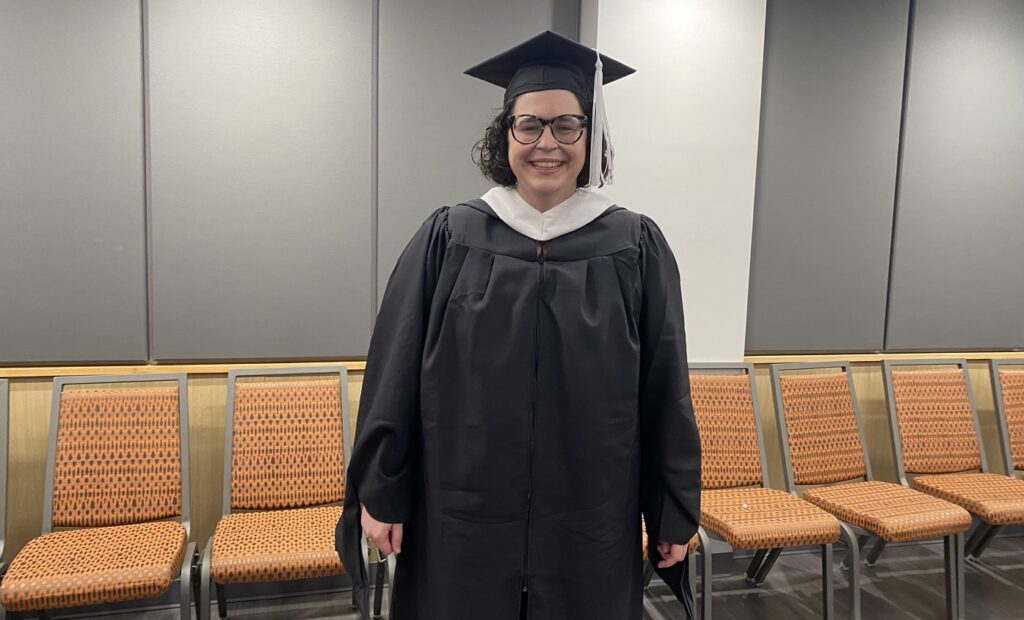
Lucy Bornhorst joined the graduate program at NC State in 2023 after finishing a bachelor’s in History and Political Science at the University of Pittsburgh. After gaining curatorial experience at the Edward Worth Library in Dublin, Ireland, she found her passion in presenting historical materials and narratives to the public. She feels strongly about addressing silences in archives and museums, and finding new collaborative approaches to represent more perspectives and voices in public cultural institutions. Her research papers and project proposals at NC State best represent her breadth of interest: they range from queer voices in the US women’s suffrage movement, decolonizing strategies in museums, the role of cultural nationalism in the Irish independence movement, to collections management of memorabilia left behind at the Vietnam Veterans Memorial in Washington D.C. She interned at the National Park Service in the summer of 2024 where she served as research and collections management liaison for multiple historic sites in D.C.
Lucy is a versatile emerging Public Historian who plans to work in a museum context where she can make a difference in how history is presented to create more inclusive futures.
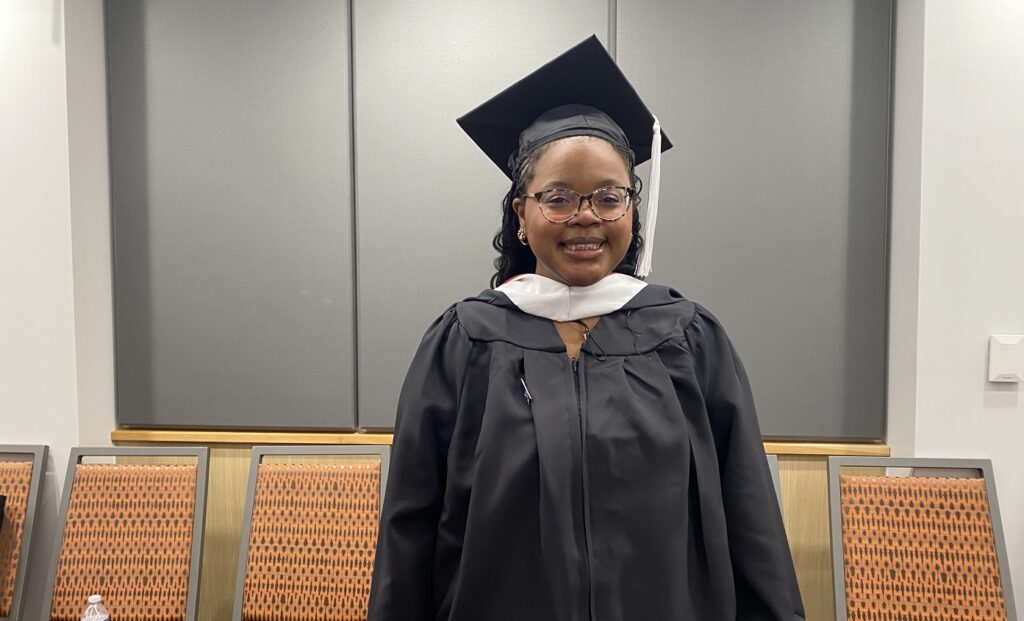
Taylor Williams interned at the Gilder Lehrman Institute of American History, working on collections inventory, moderating the nationwide online program Inside the Vault, and curating resources for teachers. In her classes, she specialized in sports history and the history of marginalized communities, producing thought-provoking research on the ways in which public knowledge about and interest in sport is both a catalyst for productive dialogue about history as well as a challenge to nuanced historical understanding. Her committee particularly appreciated her paper “Race, HIV, and Public Opinion: Exploring Counter-Narratives and Counter-Monumentality of the Commemoration of Arthur Ashe on Monument Avenue” Recognizing Taylor’s expertise in the history of African Americans in sport, filmmaker Troy Thomas interviewed her for his documentary AL-Mu’assis: The Story of Karriem ABdAllah.
After graduation, Taylor will continue work with the Gilder Lehrman Institute.
History MA Graduates
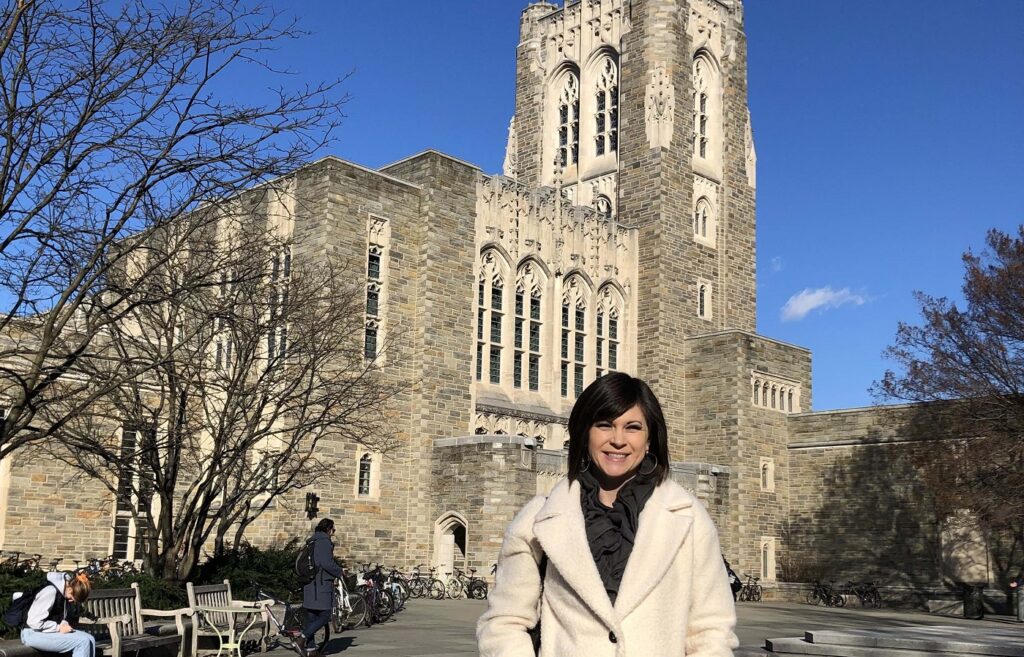
Rachel Suffern’s MA thesis, “A Matter of Chance: The Great Gatsby Reconsidered A Matter of Chance: The Great Gatsby Reconsidered,” which received Thesis Distinction, focuses on F. Scott Fitzgerald’s famous novel The Great Gatsby and on the contexts of its composition and subsequent rise to fame and popularity. She argues that at the center of Fitzgerald’s concerns were the issues of eugenics and immigration – topics that were much discussed in the 1920s when Fitzgerald was writing the novel. The novel’s great popularity grew only later, in the late-1940s and 1950s, when it appealed to returning World War II soldiers and subsequently to literary critics. It was then – in the 1950s and later – that it began to be interpreted as a tragic love story, or alternately as a critique of Jazz Age decadence, or alternately again as a story about the elusive nature of the American dream.
The correct context for understanding Fitzgerald’s intensions, Suffern demonstrates, is not this post-war context. Rather, it is the cultural world of the 1920s, especially the complicated social world of 1920s Long Island, where Fitzgerald lived and began work on the novel. Here, Fitzgerald encountered socialite and railroad heiress Mary Harriman Rumsey, as well as other members of the Long Island elite who were enthusiastic proponents of race science and the eugenics movement. Through a recreation of this context, joined with a careful examination of an earlier version of the novel, Suffern convincingly argues that true message of The Great Gatsby can now be fully appreciated.
Rachel will be taking a gap year and then entering the PhD program at UNC-CH to study American history with Molly Worthen in fall 2026.
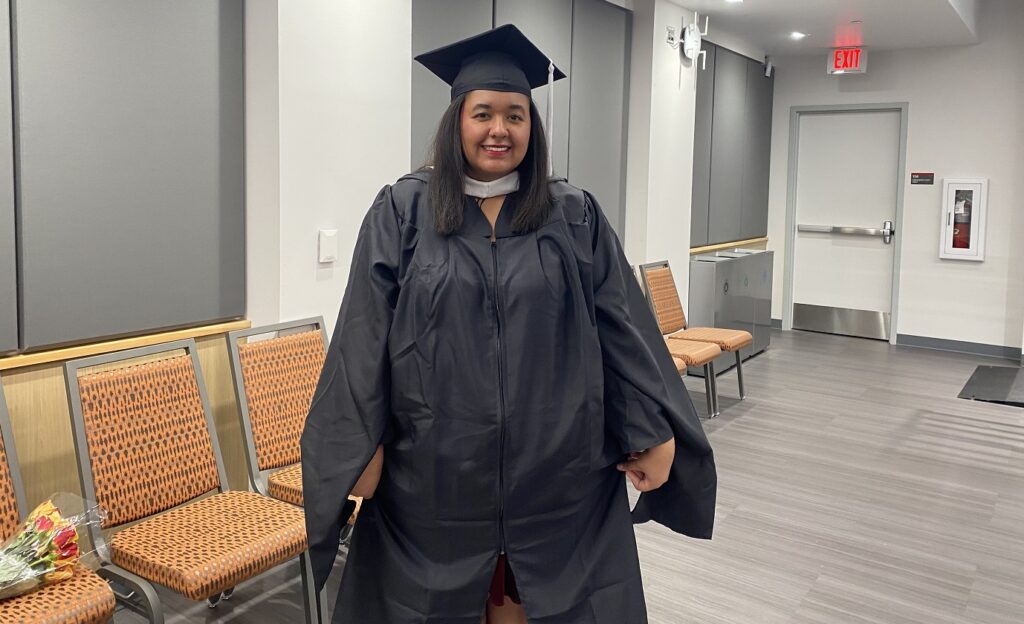
Jaylyn Smith’s thesis, “Unlawful Employment: The Sex Trade in Early Modern England” examines how prostitution fueled concerns about crime, poverty, and idleness from 1689 to 1758 – a period of dramatic economic and political change. Her research into labor law and criminal law, print culture and moral campaigns, demonstrates how authorities expanded efforts to prosecute and restrict early modern sex workers, at the same time that sex work was understood to be a form of employment, especially for poor women.
While pursuing her Master’s degree at NC State Jaylyn served as a teaching assistant and earned a teaching certificate through the Graduate School’s teaching program. After graduation Jaylyn intends to pursue a career in education as a history teacher.
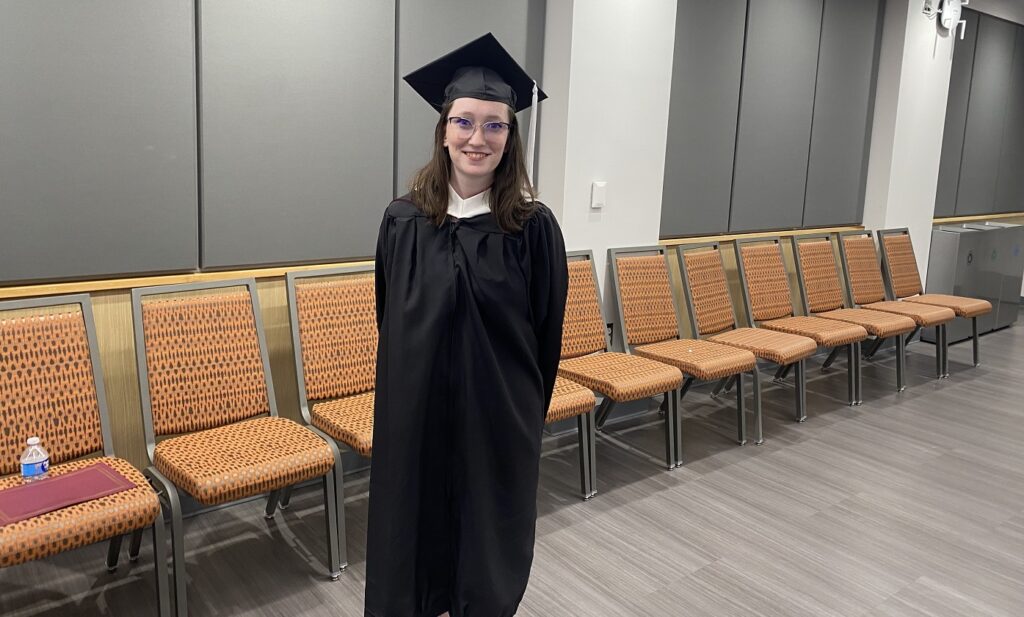
Catherine Elise Newhouse’s thesis, “God is Still Blessing Taylortown”: Black Spaces on the National Register of Historic Places,” which received Thesis Distinction, argues that the National Register of Historic Places (NRHP) aims to preserve a traditional triumphal concept of American history that does not reflect the diversity of many places of memory around the United States. The NRHP has thus been unable to accommodate the inclusion of many African-American spaces into its listing. The NRHP has proved to be an ineffective tool for preserving places of Black memory for three main reasons. First, the National Register emerged from a heritage regime that prioritized buildings displaying traditional American values and aesthetics. Second, the National Register has vague criteria for integrity, ethnic heritage, and Traditional Cultural Places that often limit the application of the National Register to Black properties. Third, the impact of slavery, Jim Crow, and the Great Migration have all damaged many African American properties, making many spaces of Black memory ineligible for recognition by the National Register. A case study of Taylortown, North Carolina illustrates how the limitations of the National Register negatively affect African-American communities and their preservation efforts.

